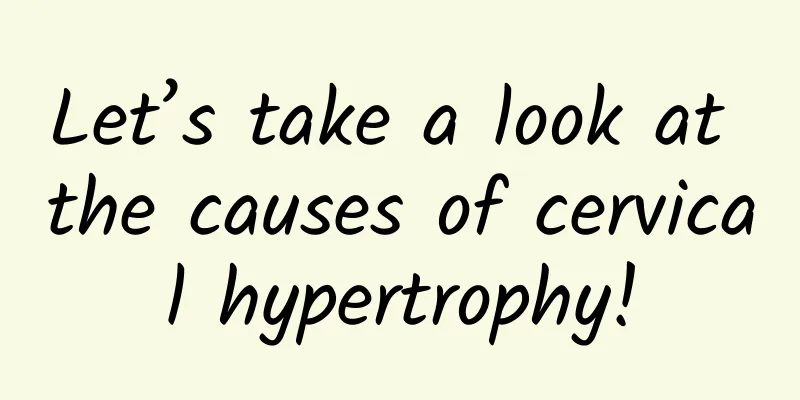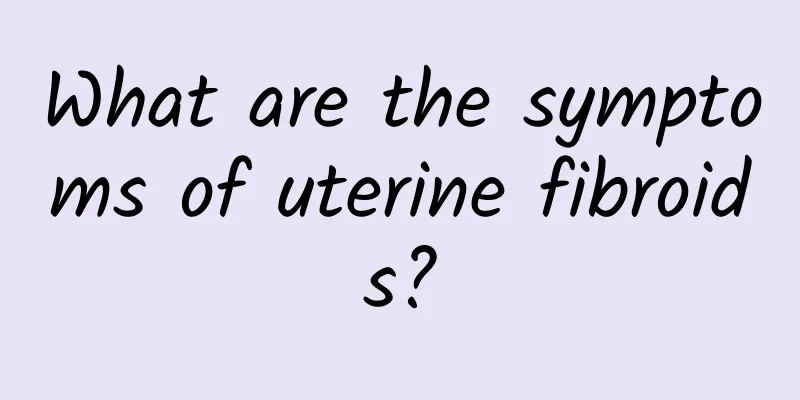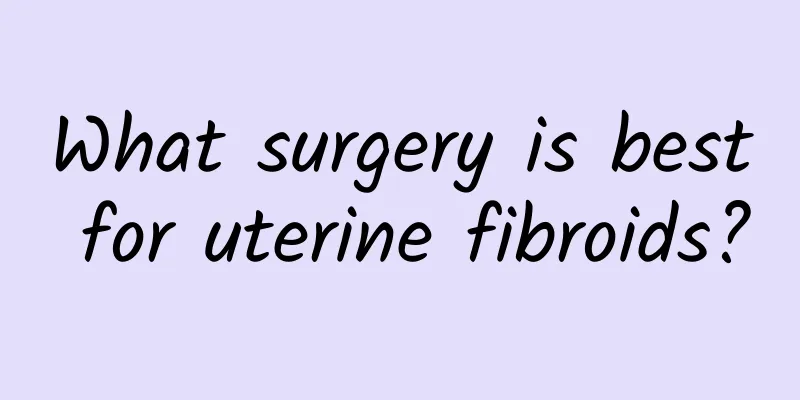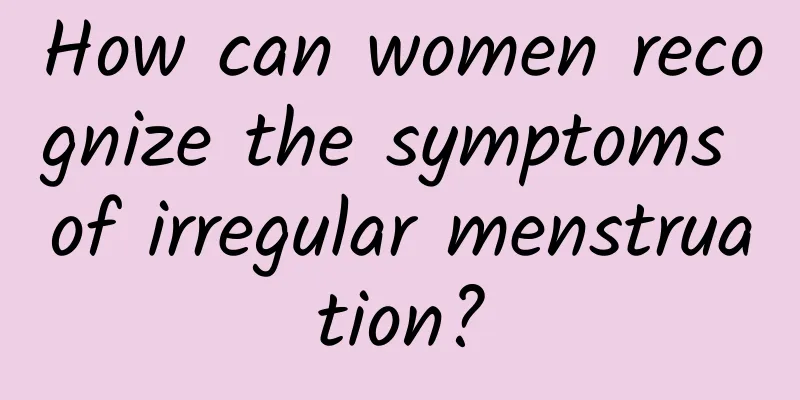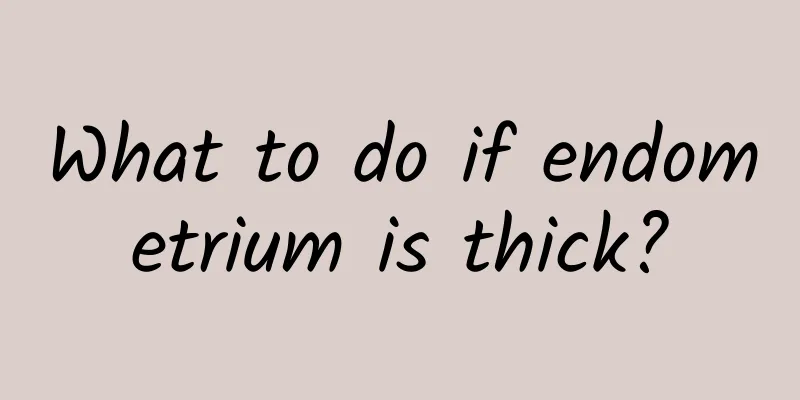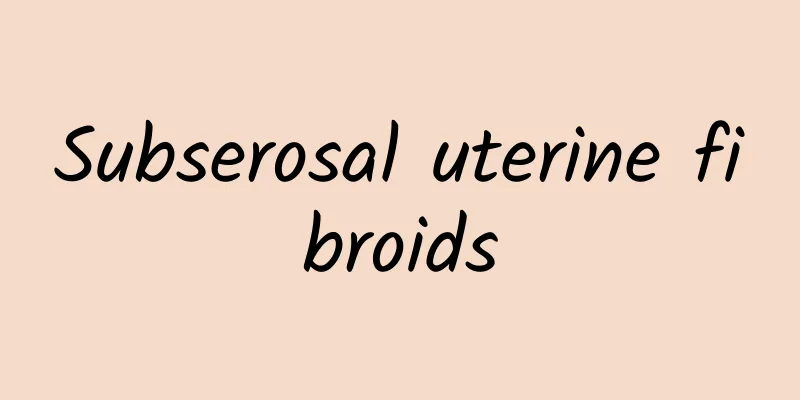What causes ovarian cysts?
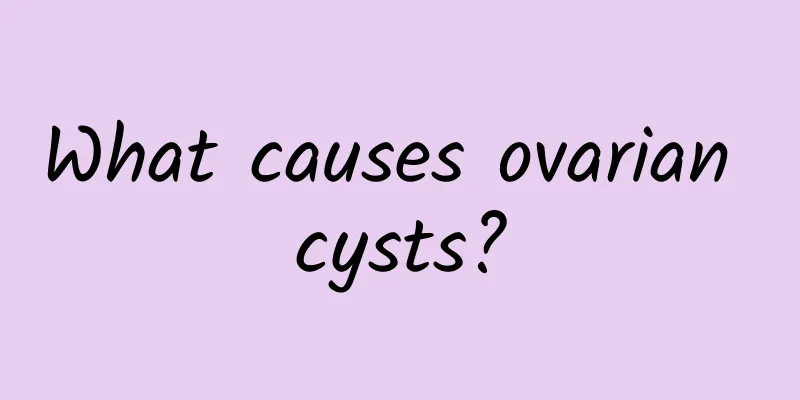
|
There are two main causes of ovarian cysts: physiological and pathological. Physiological ovarian cysts usually resolve on their own, while pathological ovarian cysts may require more attention and treatment. 1. Physiological ovarian cysts: This type of cyst is generally smaller than 5 cm and is caused by changes in the ovaries during the normal menstrual cycle. They usually shrink and shrink on their own after a few menstrual cycles. In other words, physiological ovarian cysts are a common phenomenon in the female body and usually do not require special treatment. For example, some women will develop follicular cysts during ovulation. This type of cyst is physiological and usually disappears after the next menstrual cycle. 2. Pathological ovarian cysts: The causes of this type of cyst are relatively complex and involve multiple factors. Endocrine disorders and hormone level disorders are common causes. For example, an imbalance between estrogen and progesterone may lead to the formation of cysts. Emotions and stress are also important factors. Long-term psychological stress and mood swings may affect the endocrine system and cause pathological ovarian cysts. Genetic factors cannot be ignored. If there is a history of ovarian cysts in the family, the risk of the disease may be higher. 3. Influence of lifestyle: An unhealthy lifestyle may also be one of the causes of ovarian cysts. For example, unbalanced diet, lack of exercise, or staying up late for a long time and other bad living habits will have a negative impact on ovarian health. Maintaining a healthy lifestyle, balanced diet, moderate exercise, and regular work and rest can prevent the occurrence of ovarian cysts to a certain extent. 4. Environmental factors: In modern society, environmental pollution is becoming increasingly serious, and some chemicals may interfere with the human endocrine system. For example, some pesticides, plasticizers and other environmental hormones may enter the human body through the food chain, affecting ovarian function and increasing the risk of ovarian cysts. 5. Influence of other diseases: Some chronic diseases such as diabetes, obesity, etc. may also increase the risk of ovarian cysts. These diseases can cause problems in the body's metabolism and endocrine system, thereby indirectly causing ovarian cysts. In order to better prevent and manage ovarian cysts, it is recommended that women undergo regular gynecological examinations and maintain a healthy lifestyle. If any abnormalities are found, seek medical attention in a timely manner and listen to the doctor's advice and treatment plan. This will not only help with the early detection and treatment of ovarian cysts, but also help maintain overall gynecological health. |
<<: Ectopic pregnancy will cause abdominal pain a few days earlier
>>: What to eat after abortion to help your body recover
Recommend
【Video】Can tannic acid fight against the new coronavirus?
To fight against COVID-19, we must first block th...
Ectopic pregnancy is pregnancy outside the uterus
Many women panic and don't know what to do af...
How to treat vulvar leukoplakia?
How to treat vulvar leukoplakia? Vulvar leukoplak...
How to cure uterine fibroids
Uterine fibroids are the most common benign tumor...
I got pregnant again three months after the abortion.
Pregnancy again three months after an abortion is...
Can eating fish oil make your head stronger? German scholars: Just supplement in moderation
In order to prevent their children from losing at...
How to have a spontaneous abortion the fastest? You will know after reading this
The main factors that lead to embryonic arrest in...
Get sexy collarbones! Do these 5 tricks to get butterfly sleeves
I’m not fat, but the lines of my collarbone and s...
How to distinguish miscarriage and menstruation, and what are the types of miscarriage?
Many female friends have spontaneous abortions in...
When will cervical hypertrophy recover?
Cervical hypertrophy needs to be improved through...
What causes female vulvar leukoplakia?
What causes leukoplakia on the vulva of women? Vi...
The most valuable auxiliary examination for hyperprolactinemia
What are the most valuable auxiliary examinations...
Food samples tested in Taichung: Nearly 30% of golden needles failed the test
In order to safeguard the public's dietary he...
Big fat buttocks stop lotus leaf chrysanthemum soup bath thin buttocks
Orientals often have a "pear" shaped bo...
What is the effect of beauty treatment on uterine fibroids? Can uterine fibroids be cured by beauty treatment in a beauty salon?
What is the effect of beauty treatment on uterine...

